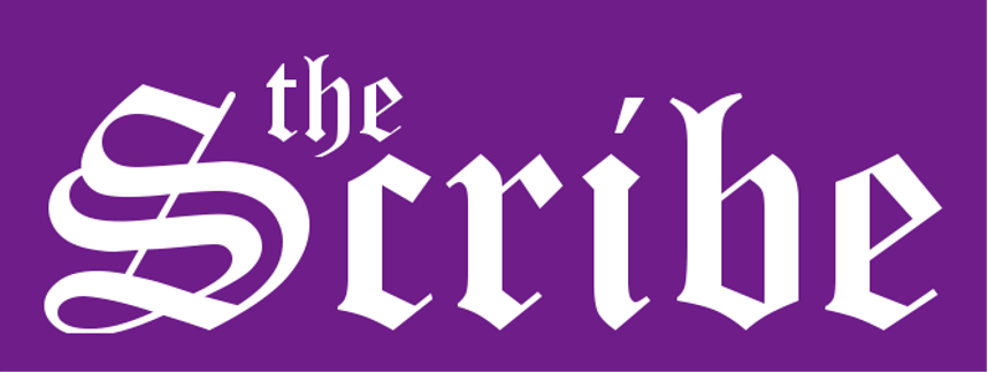VaticanPope John Paul II was entombed in an underground crypt of St. Peter’s Basilica in the Vatican Friday, after a three-hour funeral ceremony. This was the largest funeral in modern history, and perhaps the largest single gathering of people in history, when you include those who were participating over closed circuit large-screen TVs. There were 200 heads of state present, some of whom are at political odds with one another. This reflects the unique legacy of this Pope who is recognized for his efforts in reaching out to non-Catholics, and non-religious people alike. . The funeral commences nine days of mourning, after which the College of Cardinals will choose a successor. The Cardinals have begun a period of silence during which they are not to speak publicly about their deliberations to choose a successor.
Iraq
Iraq’s interim government is making formative progress. Jalal Talabani, a Kurdish leader, was formally sworn in as president. Ghazi al-Yawer, who had been serving as Iraq’s interim president, and Adil Abd al-Mahdi were also formally sworn in as deputy presidents. His vice presidents represent two other major groups in Iraq: Mahdi is a Shiite, and Yawar a Sunni. This ends a political deadlock between historically contentious groups within Iraq. The pace of appointments has begun to quicken.
Immediately after its swearing in, the council named Ibrahim al-Jaafari, a Shiite Arab, as Iraq’s interim prime minister. Jaafari’s first order of business will be to name his cabinet. Issues facing the new government include, security, political independence, economic prosperity, and guaranteed freedoms. A suggestion made by the new President is to offer amnesty to insurgents who surrender.
In his first interview with American media, the new Prime Minister, Ibrahim Al-Jaafari expressed his view on the inevitability of the fall of Hussein’s regime. When asked about his impression of the US, during his visit, he noted the difference between police in Iraq and US Police.
Police in a military state instill a great deal of fear, but in the US, they are part of the family. They exist to serve. He expressed that his people are proud that multinational forces support their security. He expressed that the foreign forces should not leave until there is a condition of internal reliability. He explained that not only is has the Iraqi attitude towards the US changed in the past two years, but so also have the attiudes of people in Syria, Lebanon, Saudi Arabia, Kuwait, and Egypt. When asked if he fears for his life, he said that he has faith and confidence in his people. He likened this moment in Iraqi history to the time of the American Revolution.
China
China announced that it would reject the proposal to expand the United Nations Security Council. Kofi Annan, the Secretary-General of the United Nations, has pushed for UN reform and has recently released a report of recommendations, including expanding the Security Council as a means to more properly represent the world today. China’s opposition to reform, especially in terms of permanent membership, is often speculated to be sparked by India and Japan’s viable bid for a seat.
Nepal
There was an “11-day general strike called by the rebels last weekend to protest King Gyanendra’s seizure of absolute power on Feb. 1” in Nepal. This “coincided” with an assault killing at least 50 Communist rebels, regularly referred to as Maoists. King Gyanendra justified his actions, claiming the former government was unable to deal with these rebel forces.
Kyrgystan
President Askar Akayev of Kyrgyzstan agreed to step down as president, so long as he would not be prosecuted for past dealings. After a 12-year presidency, Akayev fled the country after protests over the claims that he had fixed the recent
